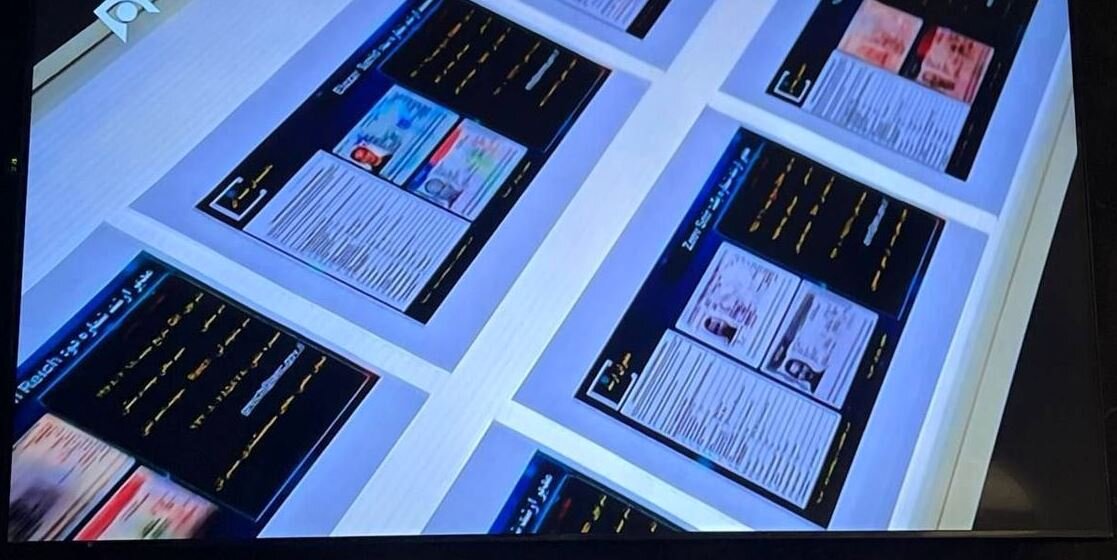Intelligence ministry releases Israeli nuclear, military secrets in IRIB documentary

TEHRAN – Iran’s Ministry of Intelligence has released information from a massive cache of classified documents obtained from Israel’s military and nuclear programs.
Intelligence Minister Esmaeil Khatib said the files contain the full names, personal data, addresses, and professional affiliations of 189 Israeli nuclear and military specialists directly linked to weapons projects. He noted that the list continues to grow as Iranian experts analyze the material.
The revelations were presented in a documentary titled Spider’s Lair, aired Wednesday night on IRIB. According to Khatib, the program outlines how Iranian intelligence managed to acquire the cache, which includes details on researchers, scientists, and senior project managers. Among them, he said, are American and European scientists involved in Israel’s weapons-related programs.
The minister described the operation as one of the most sophisticated and multilayered intelligence missions ever carried out, claiming Iranian operatives penetrated Israel’s most secretive nuclear, military, intelligence, and scientific archives. The documents reportedly also contain highly detailed data on sensitive dual-use facilities.
Khatib further asserted that some files expose direct influence by Israeli officials and U.S. senators over the International Atomic Energy Agency (IAEA), as well as the transfer of confidential information about Iran’s peaceful nuclear program.
He said that during the 12-day conflict in June, coordinates retrieved from the cache were used to strike several Israeli sites with Iranian missiles.
On June 13, Israel launched a blatant and unprovoked act of aggression against Iran, sparking a 12-day war that left at least 1,064 Iranians dead, including senior military commanders, nuclear scientists, and civilians.
The conflict escalated further when the United States intervened by bombing three Iranian nuclear facilities—a move condemned by Tehran as a grave violation of international law.
Iran responded forcefully. Its Armed Forces launched strikes on strategic Israeli sites across the occupied territories and also targeted the al-Udeid air base in Qatar, the largest U.S. military installation in West Asia. By June 24, Iranian counter-operations succeeded in halting the joint Israeli-American assault.
The minister stressed that what has been disclosed so far represents only a fraction of the trove. Even so, he claimed, the release has ended Israel’s long-standing “nuclear ambiguity” and exposed the scale of its concealments and those of its Western backers.
Khatib added that many individuals inside Israel—ranging from employees of nuclear and military institutions to ordinary citizens—cooperated with Iran’s intelligence services to obtain and transfer the documents. He said their motives fell into two categories: financial rewards, and a profound hatred of the regime’s “corrupt and criminal” prime minister, which drove them to take revenge.
Leave a Comment